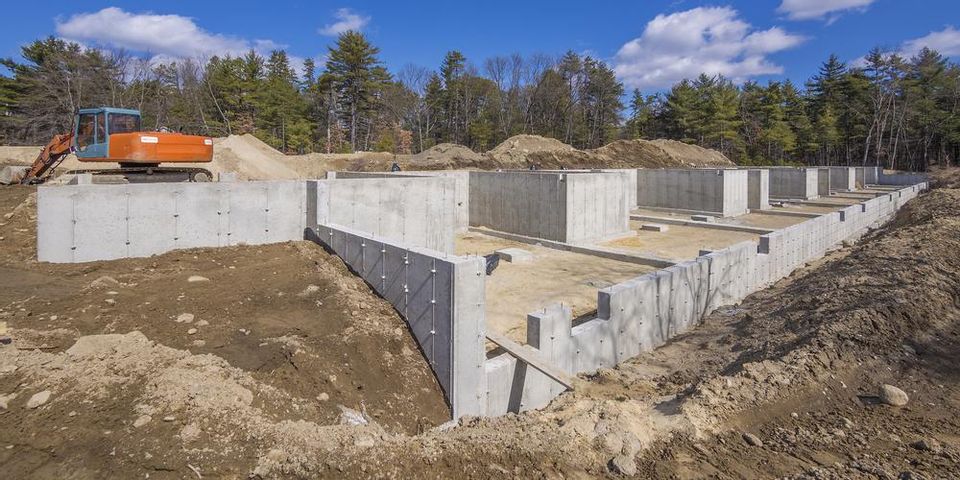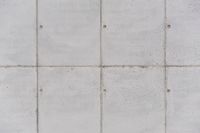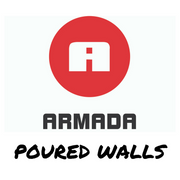Poured Concrete Walls vs. Block Walls: What’s the Difference?

When it comes to building the foundation of a home, you may have to decide between using poured concrete walls or block walls. Before you come to a decision, it’s essential to understand the differences between the two.
How Poured Concrete Walls Differ From Block Walls
Strength
 One of the main advantages of poured concrete over block walls is the strength. For block walls to be used for the same purpose as concrete, large quantities of steel must be incorporated for additional support. Poured concrete also has better lateral strength, which allows it to resist pressure from water and soil.
One of the main advantages of poured concrete over block walls is the strength. For block walls to be used for the same purpose as concrete, large quantities of steel must be incorporated for additional support. Poured concrete also has better lateral strength, which allows it to resist pressure from water and soil.
Labor Costs
To build a top-quality block wall, multiple bricklayers must be employed, which leads to higher labor costs than that of poured concrete. The block variety is also more likely to bow and buckle, leading to expensive future repair costs if portions must be rebuilt. When you consider the additional cost of the steel for reinforcement, too, they aren’t as economical as their counterparts.
Porousness
Because block walls are more porous than poured concrete walls, they are more susceptible to water damage. Not only does this reduce the durability of the wall, but it can also lead to the growth of mold and mildew in the home.
If you’re looking to build a foundation with poured concrete walls, you can count on the experts at Armada Poured Walls in Copley, OH. Their premier foundation contractors provide a broad range of top-quality services including basement installation, foundation waterproofing, and poured walls. Call (216) 401-0043 to speak with a friendly contractor today or visit their website for more information about their comprehensive list of construction services.
About the Business
Have a question? Ask the experts!
Send your question

